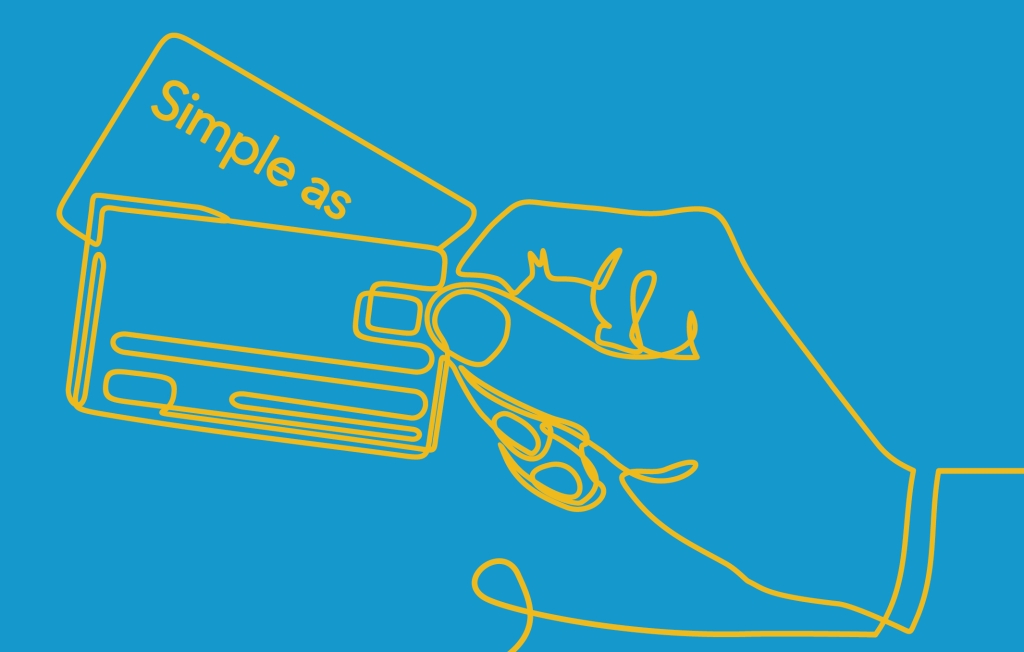Call us 1800 243 232
Menu
Call us 1800 243 232

‘The poker machine card. Simple As.’ report looks at the government’s commitment to introduce a card-based system for poker machine gambling in Tasmania, how it will work and the four critical features needed for the card to be effective. It explains how this simple and reasonable measure will reduce harm from gambling and benefit all Tasmanians, including recreational users of poker machines.
Publication Type: Report Publication Date: 22nd September 2023 Authors: Mary BennettClick the button below to visit our contact page
Contact usOr, if you'd prefer to email us directly
Email usOr, phone us on
1800 243 232